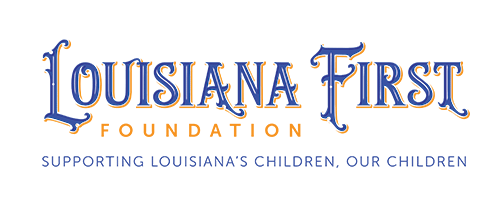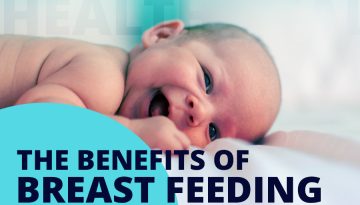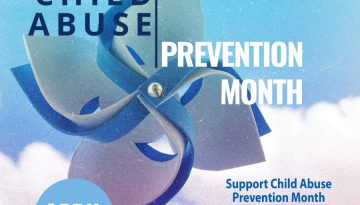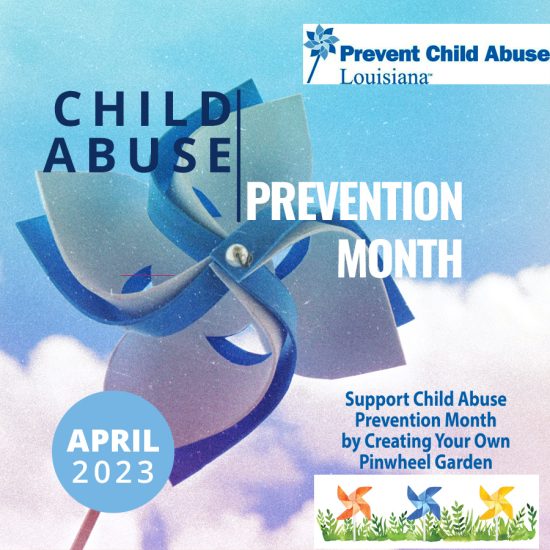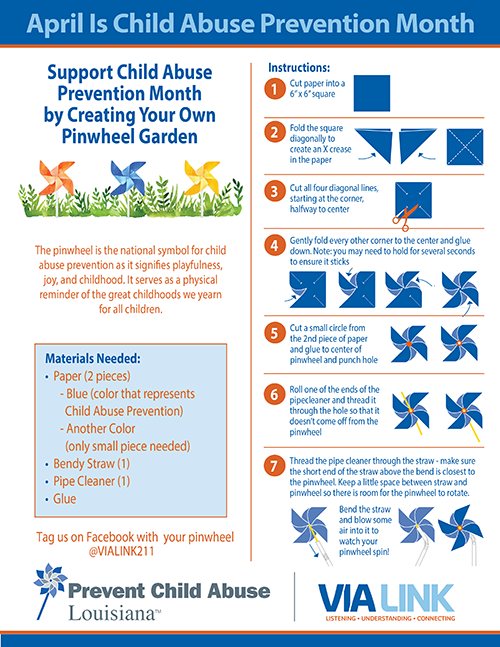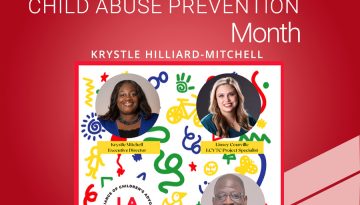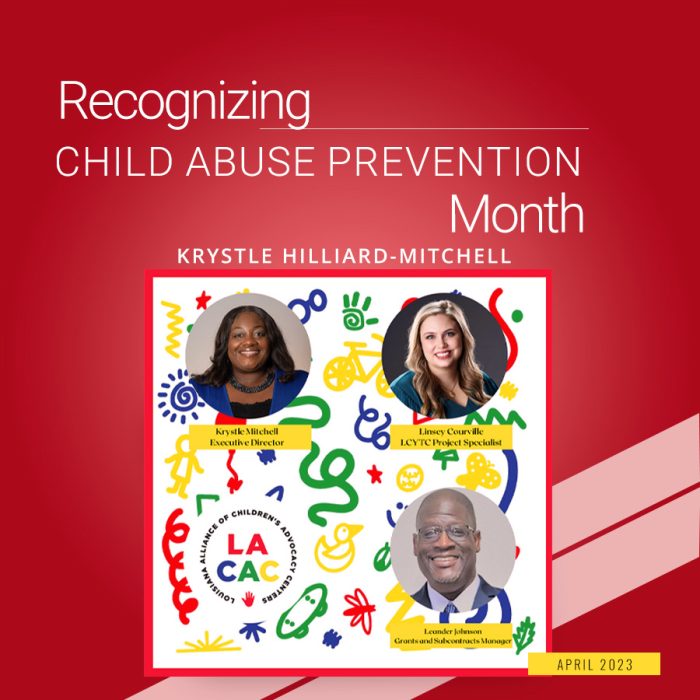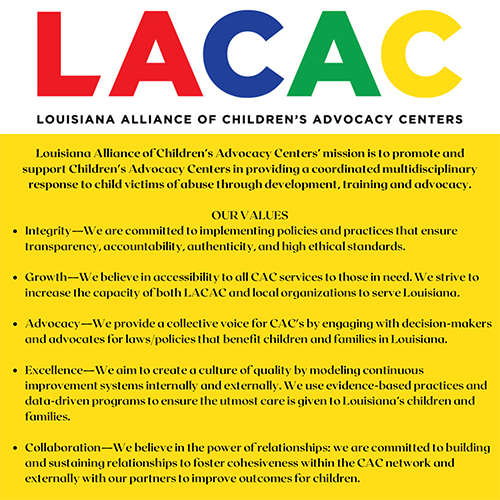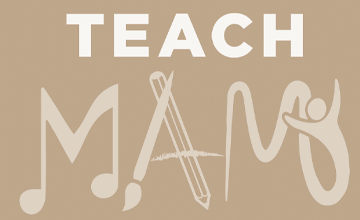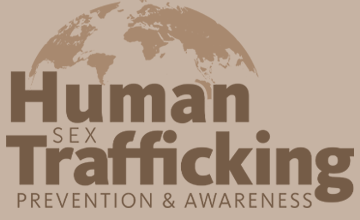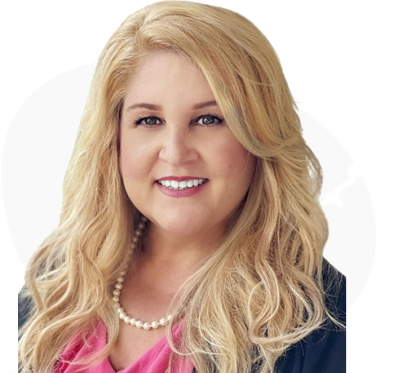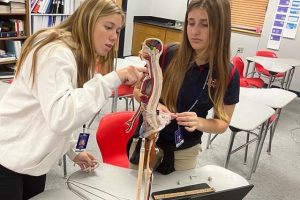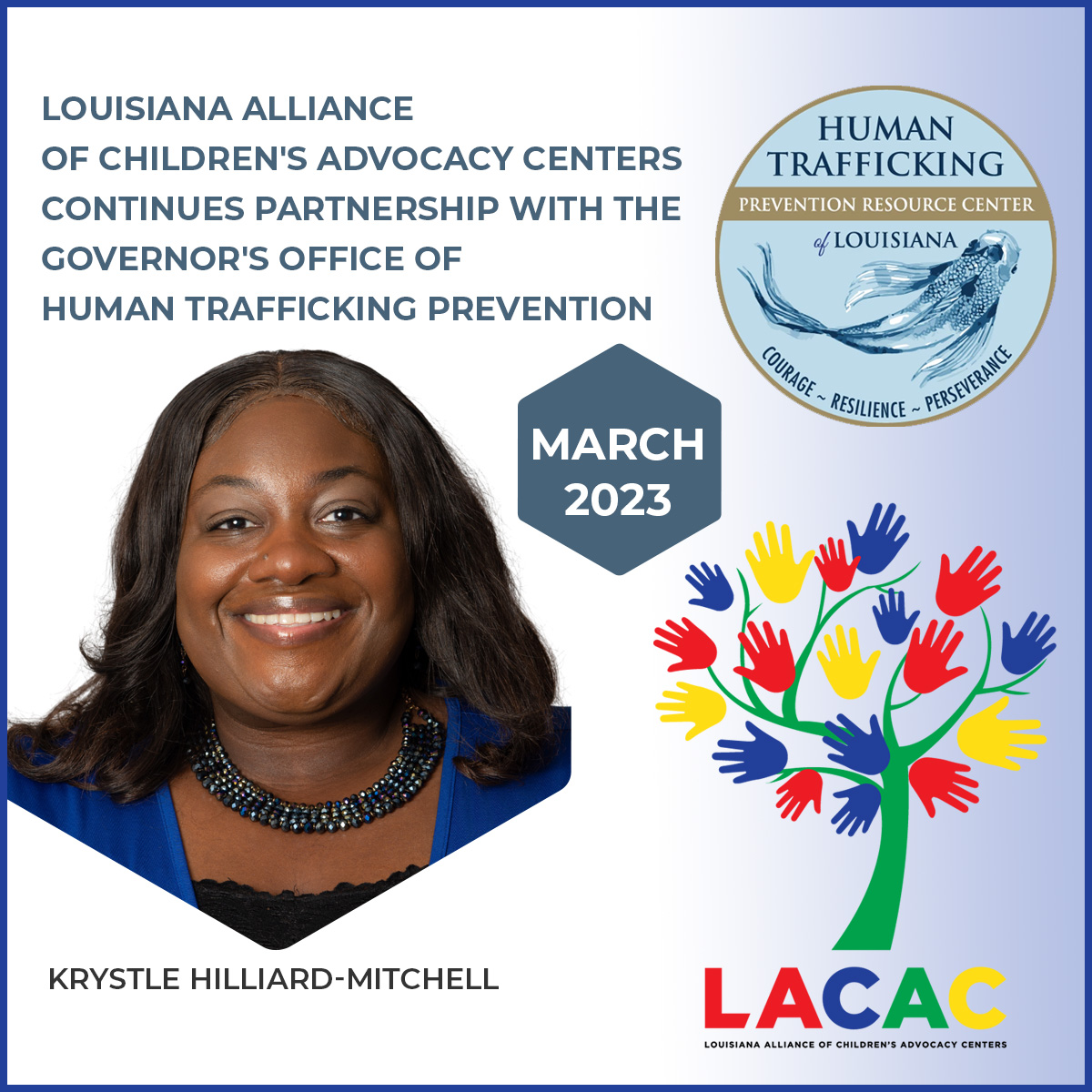Women’s Health – The Benefits of Breastfeeding
Women’s Health
WOMEN'S HEALTH BLOG April 2023
The Benefits of Breastfeeding
Written by Ashley Farge, MD, IBCLC
Birth is an exciting time for parents and full of emotion, but it is also full of change and new decisions. One decision parents may ponder is determining the best way to feed the baby. Over 80% of women in the United States initiate breastfeeding in the hospital after delivery. Breastfeeding or expressed breast milk feeding, although challenging at times, has abundant benefits for both mothers and babies.
The benefits of breastfeeding or giving expressed breast milk are vast and have both short- and long-term impacts. One of the most fascinating things about breast milk is that it constantly changes to provide the baby with exactly what they need. In addition, breast milk is full of antibodies from the mother’s immune system that protect the infant from illnesses, including ear infections, diarrhea, lower respiratory tract infections, and even everyday colds that the baby is exposed to at home and daycare.
This effect is additive; the longer infants receive breastmilk, the lower their infection risk. Fewer infections not only mean a healthy baby but, for working mothers and families, fewer missed work days. Receiving any amount of breast milk is also protective against Sudden Infant Death Syndrome (SIDS), the unexplained death of an otherwise well infant that is usually related to sleep. Some benefits last well beyond when a baby feeds at the breast or receives expressed breastmilk and stays with the child throughout their lifetime. These include a lower risk of asthma, eczema, inflammatory bowel disease, diabetes, obesity, and even leukemia.
Breastfeeding not only benefits infants; there are also many wonderful benefits for mothers. It causes the release of oxytocin in a woman’s brain. This amazing hormone, known as the love hormone, promotes bonding between mothers and their babies. Some studies show that, for some women, this can be protective against post-partum depression. This same hormone also causes uterine contractions while breastfeeding, which can shorten the time of normal vaginal bleeding post-partum. Long-term benefits of breastfeeding for women include a lower risk of breast cancer, ovarian cancer, high blood pressure, and type two diabetes. Like infants, the longer the duration of breastfeeding, the lower the risk.
Convenience is another great benefit of breastfeeding. A mother can breastfeed anytime, anywhere, at no cost, and the milk is always at the perfect temperature. Supplies like electric breast pumps, which are used to express breast milk, are covered by insurance and can be obtained with paperwork and some assistance from a doctor. In addition, breast pumps are often beneficial for working mothers who desire to continue expressing milk for their babies once they return to work.
Because of these numerous benefits and their additive effects, the American Academy of Pediatrics recommends exclusive breastmilk feeding for the first six months and continued breastmilk feeding for two years or longer as mother and baby desire. It is well-recognized that this is challenging, especially for first-time mothers. Some early challenges are difficulty with latch, pain, or concern about having enough milk, but these can usually be remedied with assistance from lactation specialists. For some women, the support to continue breastfeeding can be a challenge. Many birth hospitals and community organizations have free groups to provide peer-to-peer support and education for breastfeeding mothers. What women need to realize is that these trials are common and expected. If mothers can stick with it for the first few weeks, many of these challenges can be overcome and managed, and they will see a beautiful relationship blossoming with their babies. This breastfeeding relationship not only more closely bonds mother and baby, but it sets them both on a path for a healthier future.
Ashley Farge, MD, IBCLC
LSUHSC School of Medicine
New Orleans, LA
Assistant Professor of Clinical Pediatrics
LA AAP Chapter Breastfeeding Coordinator
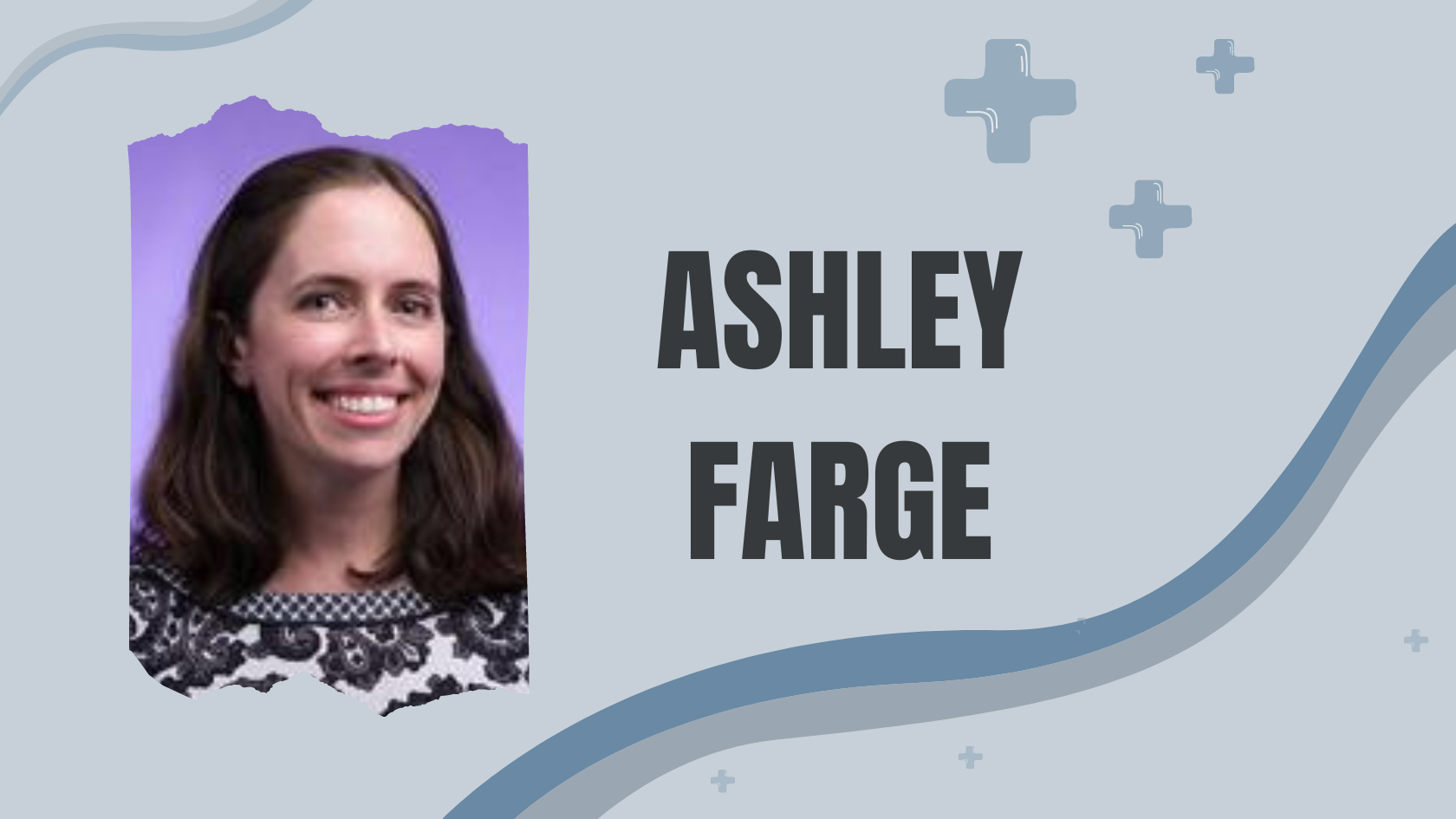
About Ashley Farge
Ashley Farge is a native of New Orleans, LA.
She is an Assistant Professor of Clinical Pediatrics at the LSU School of Medicine in New Orleans and practices general pediatrics at the Children’s Hospital Academic Pediatric Clinic. She attended medical school at LSU and completed her residency at Children’s Hospital of New Orleans. She practiced for several years in Louisville, Kentucky, before returning home to Louisiana. Since 2019 she has incorporated breastfeeding medicine, and lactation consults into her practice, and in 2023 she became an International Board Certified Lactation Counselor (IBCLC). She also serves as a Chapter Breastfeeding Coordinator for the Louisiana American Academy of Pediatrics chapter. In this role, she uses her expertise to educate pediatricians on best practices in caring for breastfeeding mothers and babies and to advocate for more breastfeeding support in our state.
